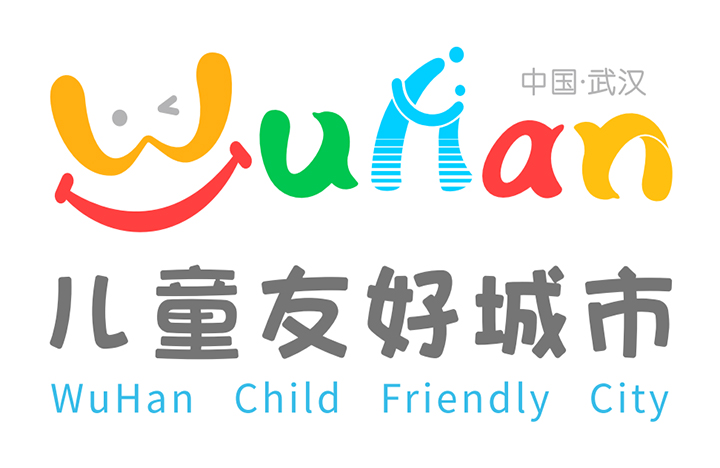



Source: <https://www.wuhan.gov.cn/sy/whyw/202401/t20240125_2349710.shtml>
On January 23rd, the Information Office of Wuhan Municipal Government held a press conference on the topic of " Making Wuhan a Child-Friendly City: Creating Image, Signage and Slogans and Launching Relative Construction Guidelines." At the meeting, the "Guidelines for the Construction of Child-Friendly Communities in Wuhan" (referred to as the "Construction Guidelines"), compiled by the Office of the Municipal Women and Children's Work Committee, were released.
The "Construction Guidelines" consist of seven chapters: "General Principles," "Enlarging Friendly Spaces," "Establishing Friendly Service Systems," "Engaging Friendly Culture," "Encouraging Child Participation," "Ensuring Institutional Support," and "Executing Organizational Implementation." These chapters clearly outline the overall objectives, basic principles, construction contents, and implementation pathways.
Regarding the enlargement and recreation of friendly spaces, the "Construction Guidelines" propose the need of specialized children's recreational spaces, pedestrian-friendly streetscapes, and diverse public service areas. It proposes for the reasonable arrangement of small-scale green spaces and open areas within residential communities, as well as adding community activity venues suitable for children of various age groups. It also encourages eligible neighborhoods to establish comprehensive children's activity rooms, libraries, craft rooms, science exploration areas, or other specialized activity spaces for children.
In terms of establishing friendly service systems, the "Construction Guidelines" discussed about optimizing neighborhood-scale child healthcare services, improving cultural and sports services for children, providing family support services, expanding care services for children in difficult circumstances, and strengthening protective services for children in communities.
Regarding cultural development, the "Construction Guidelines" propose optimizing children's social networks, widely promoting activities to enhance family ethics and traditions, and organizing intergenerational events such as letting the elderlies to share their stories about the construction of modern China and patriotism.
In terms of child participation, the "Construction Guidelines" propose fostering children's participation capabilities and encouraging their involvement in community participation. Additionally, specific construction contents are outlined in a "Child-Friendly Community Construction Guidelines Table," which presents guiding elements at three levels: foundational, developmental, and advisory, to help communities clarify their construction priorities.
Since the beginning of this year, the Office of the Municipal Women and Children's Work Committee has adopted a working approach of "piloting, expanding, achieving full coverage," selecting pilot communities for construction. It has upgraded services in newly built residential areas and carried out child-friendly transformations in old and rundown communities. Utilizing public welfare platforms to raise special funds for micro-improvements in child-friendly communities, it has collaborated with expert teams to conduct research on child-friendly communities, provide professional support for the compilation of the "Construction Guidelines," organize children's participation in community governance, and solicit children's opinions through multiple channels. Bairuijing Community was named one of the first pilot child-friendly communities in the country.
This year, "establishing 15 child-friendly demonstration communities" has been listed as a livelihood project of the municipal government. In the next step, the Office of the Municipal Women and Children's Work Committee will fully consider the basic conditions of each community, employ a co-creation approach and methods, accurately grasp children's needs, deepen the construction of child-friendly communities in collaboration with relevant departments, and provide targeted services. It will lead by example, advancing in batches, and gradually achieving full coverage of child-friendly community construction.
Source: <https://3g.wuhan.gov.cn/sy/whyw/202401/t20240124_2348801.shtml>
Translated by Xiong Yuxi